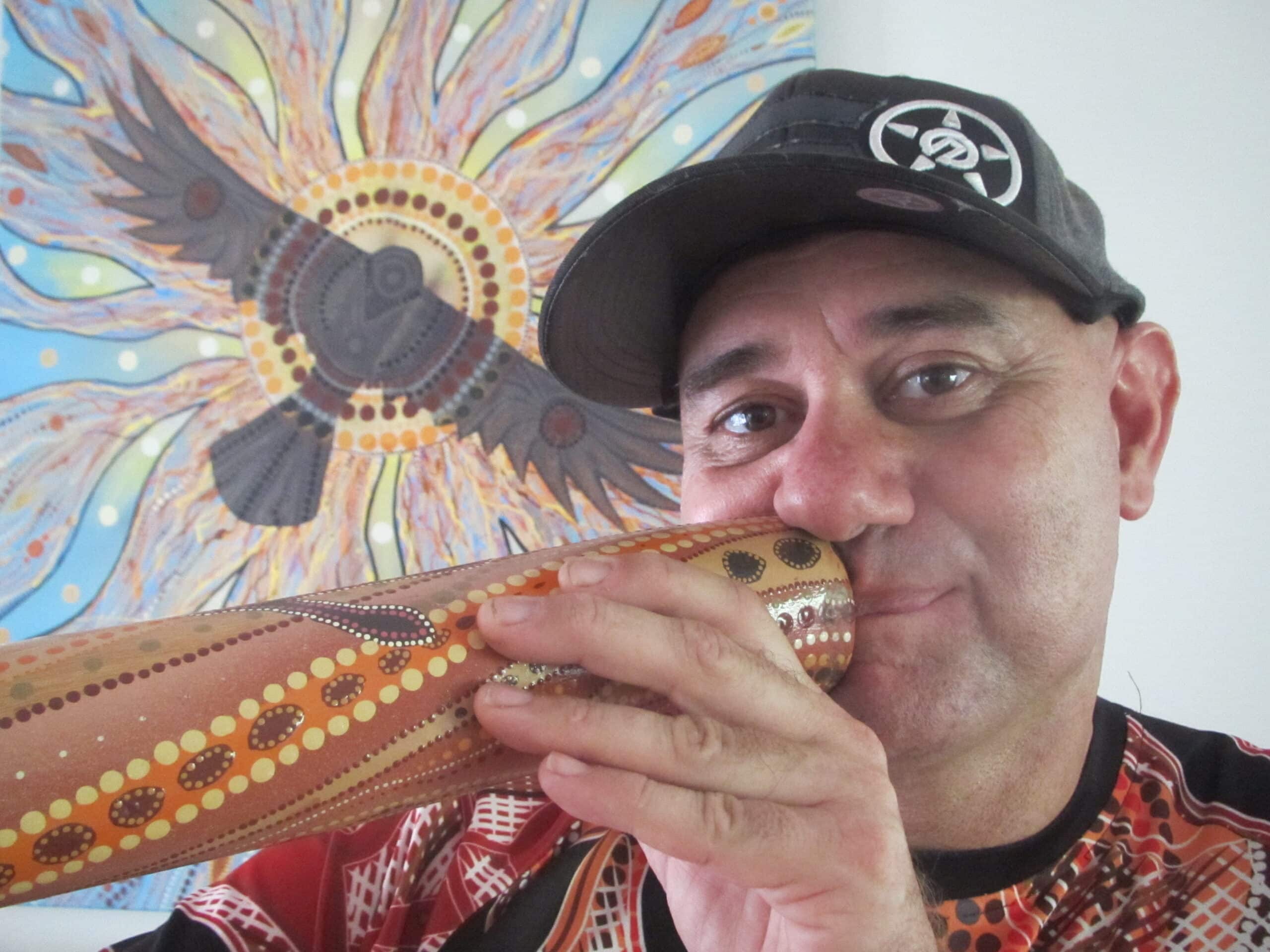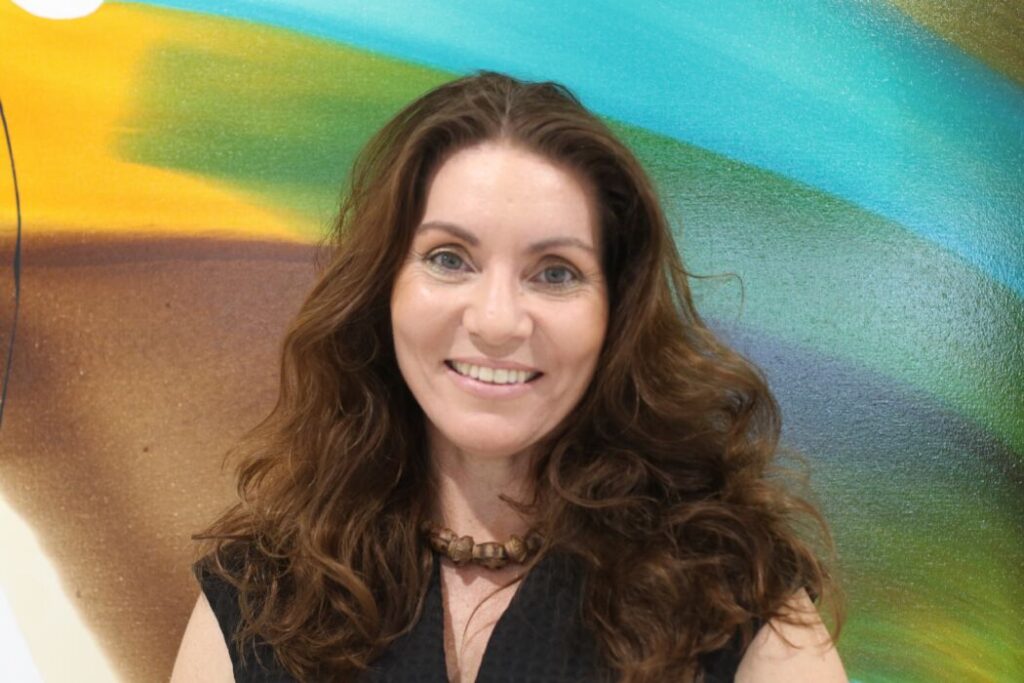At the National Executive and Council meeting held prior to the XXIst ASME National Conference in 2017, a proposal to honour and acknowledge music educators in First Nation and Indigenous Community settings was put forward by the then Immediate Past President Dr Brad Merrick, and was accepted unanimously, with this award being announced publicly to all delegates during the Awards ceremony on the last day of the 2017 conference. This award is supported financially by ASME National, with the winner to be recognised at the ASME National conference.
Purpose of the Award
This Award aims to recognise music educators in First Nation and Indigenous Community settings through their exceptional efforts in the provision of quality music education. The award seeks to enable further professional growth through attendance at the ASME National Conference where there will be opportunities to share their experiences and to access current thinking, professional practice, and resources.
The purpose of this award is to support attendance and resources to selected recipients, the first winner being acknowledged at the ASME XXII Conference in Perth, 2019. The award in total will amount to a maximum value of $2,500.
This may include:
- Support for travel, attendance, and accommodation at the conference (with possible presentation of a teaching workshop, in combination with acknowledging the award publicly with other chapter- based teaching awards), and if additional monies are still available;
- Possible support for the purchase of teaching resources/or access to an additional PD opportunity – as part of the $2500 allocation for the total award; and
- This $2,500 amount may be split between two recipients if the National Executive wish to acknowledge more than one teacher (with an allocation of $1250 each if two recipients).
Applicants must either complete this form themselves and include comments from other referees. Alternately, this form may be filled in by an external work colleague and submitted. It is important that the designated person is aware that they have been nominated for the award.
How to Apply
Applications are due 3 months before the next ASME National Conference.
Either
Post to: ASME Indigenous Award, PO Box 7184, West Lakes SA 5021.
Email to: secretary@asme.edu.au
Previous Recipients
Gregg Dreise is a proud descendent of the Gomelroi and Euahlayi Nations from South West Queensland.
Gregg has been a teacher with Education Queensland for 28 years, and is currently a senior teacher at Federal State School where he has introduced and continued to raise awareness of First Nations language, values and culture across all year levels in his regular delivery of Music, the Arts and P.E. Students thoroughly enjoy his traditional storytelling, learning traditional songs and dances, playing games and using traditional instruments.
In addition to teaching, Gregg is an author, artist and songwriter. He has performed in schools all over the country and can be seen on ABC’s Play School, NITV’s Mugu Kids, and has toured with Music icons including Jessica Mauboy, Josh Pike and Justine Clarke.
Gregg believes that he is “lucky enough to have the best job in the world, making music for and with excited children”
- Gregg Dreise
Candace Kruger is a Yugambeh yarrabilginngunn (song woman) and proud Kombumerri (Gold Coast) and Ngugi (Moreton Island) Aboriginal woman.
Candace is the founder and director of the Yugambeh Youth Choir and author of Yugambeh Talga: Music Traditions of the Yugambeh People (2005). Candace’s Master’s Research Thesis ‘In the Bora Ring: Yugambeh Language and Song Project’ and doctoral study ‘Yarrabil Girrebbah Singing Indigenous language alive’ are investigations in the fields of Indigenous musicology, Indigenous studies and Anthropology.
Candace’s research captures the songwoman’s work, contributes to the development of Indigenous methodologies, and demonstrates one way in which an Aboriginal community are reconstructing Aboriginal knowledge for sustainability and legacy outcomes. Candace’s co-composed piece ‘Morning Star and Evening Star’, which incorporates a Yugambeh songline community narrative, is one example of this work and is the Australian Music Examinations Board (AMEB) Online Orchestra 2021 piece. Candace has taught classroom music in both Primary and Secondary schools for over 25 years, including Director of Music at Knox Grammar Preparatory School (NSW), Prince Alfred College (SA), A. B. Paterson College (QLD) and The Southport School (QLD).
“I’ve worked in more than 70 remote Australian communities in my career, I’ve learnt to sing in more than 17 Aboriginal languages – many of which are considered “sleeping” or close to extinction. First Nations cultures have always used the arts as the main way of communicating over the ages, as an education tool for kids’ learning, lore, law, inter-tribal communication and imparting social mores. I’m continuing this.”
- Candace Kruger
Shellie Morris is a highly acclaimed singer-songwriter from the Northern Territory. She empowers and educates Aboriginal people through music performances and workshops. Shellie has written literally thousands of songs during her career in conjunction and collaboration with communities around Australia. She has an unshakable passion for working in communities and has an excellent reputation across the nation as a facilitator and friend to many communities. She is an ambassador for the Fred Hollows Foundation and travels the country creating songs with young people in an effort to reduce the incidence of Trachoma in Indigenous communities. Through honesty, music and her trademark smile Shellie Morris gently effects change everywhere she goes.
Her illustrious career has balanced being one of Australia’s most celebrated singer-songwriters with her unwavering commitment to healing through music within communities. Armed with personal experience of connection and disconnection, Shellie imparts the importance of having a voice, listening to one another and that every individual is important.
Since discovering her Wardaman and Yanyuwa roots more than 20 years ago, she has tirelessly worked to improve the lives of Indigenous Australians, especially in the Northern Territory. She was the 2014 NT Australian of the Year, has won multiple awards personally and for her collaborations including the landmark album Ngambala Wiji li-Wunungu and the internationally award-winning musical documentary Prison Songs.
“I’ve worked in more than 70 remote Australian communities in my career, I’ve learnt to sing in more than 17 Aboriginal languages – many of which are considered “sleeping” or close to extinction. First Nations cultures have always used the arts as the main way of communicating over the ages, as an education tool for kids’ learning, lore, law, inter-tribal communication and imparting social mores. I’m continuing this.”
- Shellie Morris



